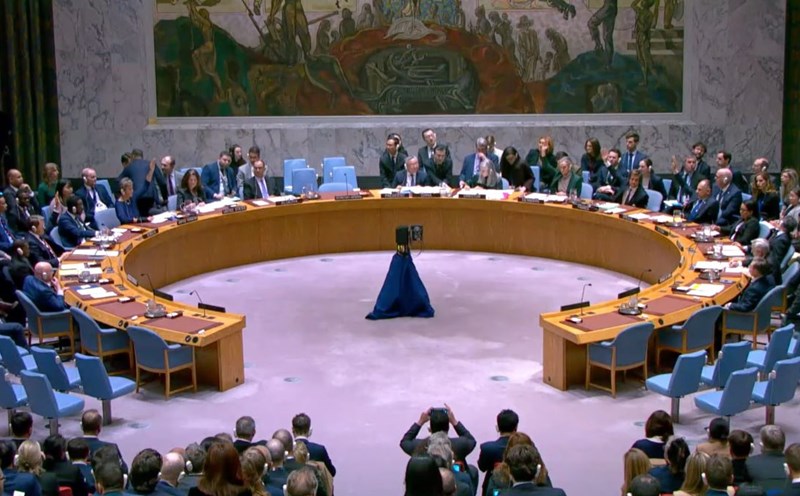From March 1, the task of state management of drug addiction treatment and post-terrorism management will be transferred from the Ministry of Labor, War Invalids and Social Affairs to the Ministry of Public Security according to the policy of innovation, streamlining the apparatus of the political system to operate effectively and efficiently.
Accordingly, Hanoi City Police have coordinated with the Department of Labor - Invalids and Social Affairs to advise Hanoi City People's Committee to establish an interdisciplinary survey team and organize a conference to prepare conditions for transferring and receiving the task of state management of drug addiction treatment and post-drug addiction management from the Department of Labor - Invalids and Social Affairs to the City Police.
To keep up with the transfer schedule, the City Police coordinated with the Department of Labor - Invalids and Social Affairs to complete the compulsory drug rehabilitation records for more than 300 students; review the number of civil servants and employees who are willing and eligible for recruitment after transfer to develop a plan, improve personnel to ensure policies and benefits for cadres; coordinate with the Department of Home Affairs, the Department of Finance to prepare conditions for transfer and reception... Up to now, the preparation conditions are basically ready for operation and management according to the new model.
Mr. Nguyen Tay Nam, Deputy Director of the Hanoi Department of Labor, War Invalids and Social Affairs, said that currently, the operations of drug rehabilitation facilities are still taking place normally, and policies for staff and trainees are still guaranteed.
For officers and employees, the Department of Labor, War Invalids and Social Affairs has also made a list of cases wishing to stay at drug rehabilitation facilities after the City Police receive them, the rest will be transferred to the Department of Home Affairs and the Department of Health to arrange appropriate job positions and implement related policies.
Major General Nguyen Thanh Tung, Deputy Director of Hanoi City Police, said that the transfer and acceptance of state management tasks for drug addiction treatment and post-drug addiction treatment must ensure consistency, science, and comprehensiveness; ensure strictness, publicity, and transparency.
The survey process absolutely must not affect the implementation of political tasks according to functions and tasks, nor disrupt or interrupt the operations of drug rehabilitation facilities.
The City Police will continue to coordinate with the Department of Labor, War Invalids and Social Affairs to implement policies for officers and employees of drug rehabilitation facilities in accordance with regulations, ensuring an effective, fast and stable transfer process.
Currently, Hanoi has 7 facilities, including: Drug addiction treatment facility No. 1 (in Yen Bai commune, Ba Vi district); Drug addiction treatment facility No. 2 (in Yen Bai commune, Ba Vi district); Drug addiction treatment facility No. 3 (in Tan Minh commune, Soc Son district); Drug addiction treatment facility No. 4 (in Yen Bai commune, Ba Vi district); Drug addiction treatment facility No. 5 (in Xuan Phuong ward, Nam Tu Liem district); Drug addiction treatment facility No. 6 (in Tan Minh commune, Soc Son district); Drug addiction treatment facility No. 7 (in Xuan Son commune, Son Tay town).











